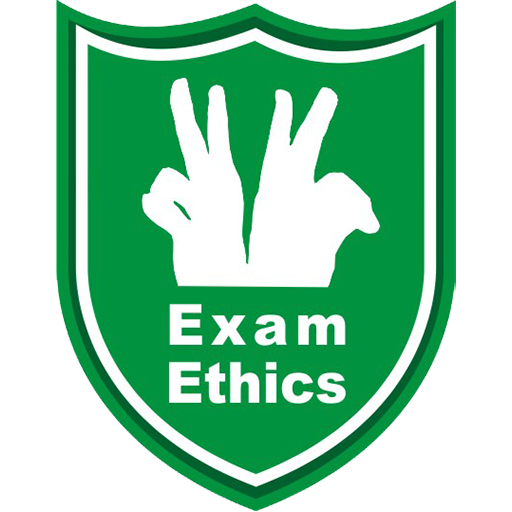This article is culled from The Excel Guidebook for Students: how to excel in exams, based on ethics compliant principles (Fourth Edition). The Excel Guidebook for Students is published by Exam Ethics Marshal International
THE LAW OF FINAL PREPARATION.
Making final rounds of preparations two days to the exam, on the morning of the exam and in the exam hall guarantee better performance.
Two days to the exam.
If you have really worked hard, based on your plans and timetable, then there is no need to be unduly nervous as the date draws nearer. However, there is need to make a round of checks not later than two days to the exam date.
Take another detailed look at the final time table to ensure that it is in alignment with your plans.
Verify the venue. If it is outside the school premises, go there and check things out.
If you have to be transported to the venue, verify the means of transportation. Be sure it will be available and determine how long it will take you to get there.
Verify sitting arrangement. If possible get clarifications on whether seats have been allocated.
Prepare and assemble all the materials you need e.g. examination number, mathematical sets, materials for practical, etc. Ask questions if you are not sure about all the materials you need.
On the morning of the exam.
This is the big day. Start with positive frame of mind. Be sure to do the right things.
This is not the time to go into detailed revision of any topic. But you can run your eyes over major concepts and ideas especially if you jotted them down on index card.
Have a good breakfast. Eat well so that you will not be distracted by hunger. Beside, you need energy for the mental exertion. Be careful, however, not to eat anything that might upset you.
If you need to travel to the venue, leave early, taking into consideration the time it will take you to get to the venue and the time you may have to spend in traffic jam.
If for any reason, you get involved in an accident or you become so sick that you cannot take the paper, contact the exam authorities immediately with documentary evidence. There are normally rules and regulations guiding what the supervisor should do in such situations.
When you to get to the venue, avoid mingling with other students. A discussion of questions that may or may not come up might get you upset and nervous. Find a quiet spot and spend some moments alone.
Once you enter the exam hall, be your own boss. It is important you enter the hall with a positive frame of mind.
In the exam hall.
You are now in the exam hall, in the battle front, so to say. It is important that you make the right moves and do the right things in order to realize the full benefits of all your preparations.
Take your seat if seats have already been assigned. If you have the option of selecting a seat, take one in the front row. The advantage is that other candidates will not have the opportunity to disturb you as the supervisor or invigilator will be close by. The disadvantage is that you may be distracted by the movements or announcements of the supervisor. On balance, it is better to take a front seat. Avoid seats that are near the windows. You may be disturbed by the sun from many angles.
Listen attentively to all announcements and instructions. Obey all instructions. To do otherwise may cost you some marks. In extreme cases, not obeying instructions may lead to failure.
After the distribution of the question papers, do not rush into writing your answers. First, read the instructions. Ensure that you read all the questions before deciding on which to answer. Turn the question paper to verify whether there are more questions at the back. Many candidates restrict themselves to a few questions by forgetting to check the back.
One of the most important things in the exam hall is the proper identifications of your answer sheet. Your name, exam number, subject, etc. must be carefully and correctly entered in the appropriate space. If your answer sheet is computerized, be sure to enter all identification information with proper numerical and alphabetical grids. Ensure that the correct letter is written in the correct column.
Read the questions a second or third time. This is not time wasting. Forget the fact that other candidates are already writing furiously. You must first establish a plan of attack. Choose the questions you will answer based on the instructions, your knowledge of the issues to be covered by the question and the mark value of the question. Start with the questions where you have the highest mark value. Plan your answer for each question.
If necessary, change pace, to rest your hands and reduce fatigue. For example, if a paper involves essays and multiple choice questions you may decide to write one essay, do some multiple choice questions, before going to another essay.
Always present your answer in neat, legible handwriting. Nothing irritates a tired and fatigued examiner more than having to make extra effort to understand what you are writing when hundreds of answer scripts are still waiting to be marked.
After answering all questions, do not rush to handover your answer sheet. Use the extra time to go through your work and correct spellings, punctuations and grammatical errors.








